Cracking Key Concepts in Secondary Science (Corwin Ltd)
£17.70£20.90 (-15%)
Secondary science teaching is a heroic task, taking some of humanity’s greatest discoveries and explaining them to the next generation of students. Cracking some of the trickiest concepts in biology, chemistry and physics, with walkthrough explanations and examples inspired by direct instruction, this book will bring a fresh perspective to your teaching.
· 30 key concepts explored in depth
· Understand what students should know before and after the lesson
· Tips and tricks offer detailed advice on each topic
· Checks for understanding so you can test your students’ knowledge
Adam Boxer is Head of Science at The Totteridge Academy in North London.
Heena Dave was Head of Science at Bedford Free School.
Gethyn Jones is a teacher of physics at an independent school in London
Read more
Additional information
| Publisher | 1st edition (27 July 2021), SAGE Publications Ltd |
|---|---|
| Language | English |
| Paperback | 336 pages |
| ISBN-10 | 1529716446 |
| ISBN-13 | 978-1529716443 |
| Dimensions | 18.6 x 1.93 x 23.2 cm |

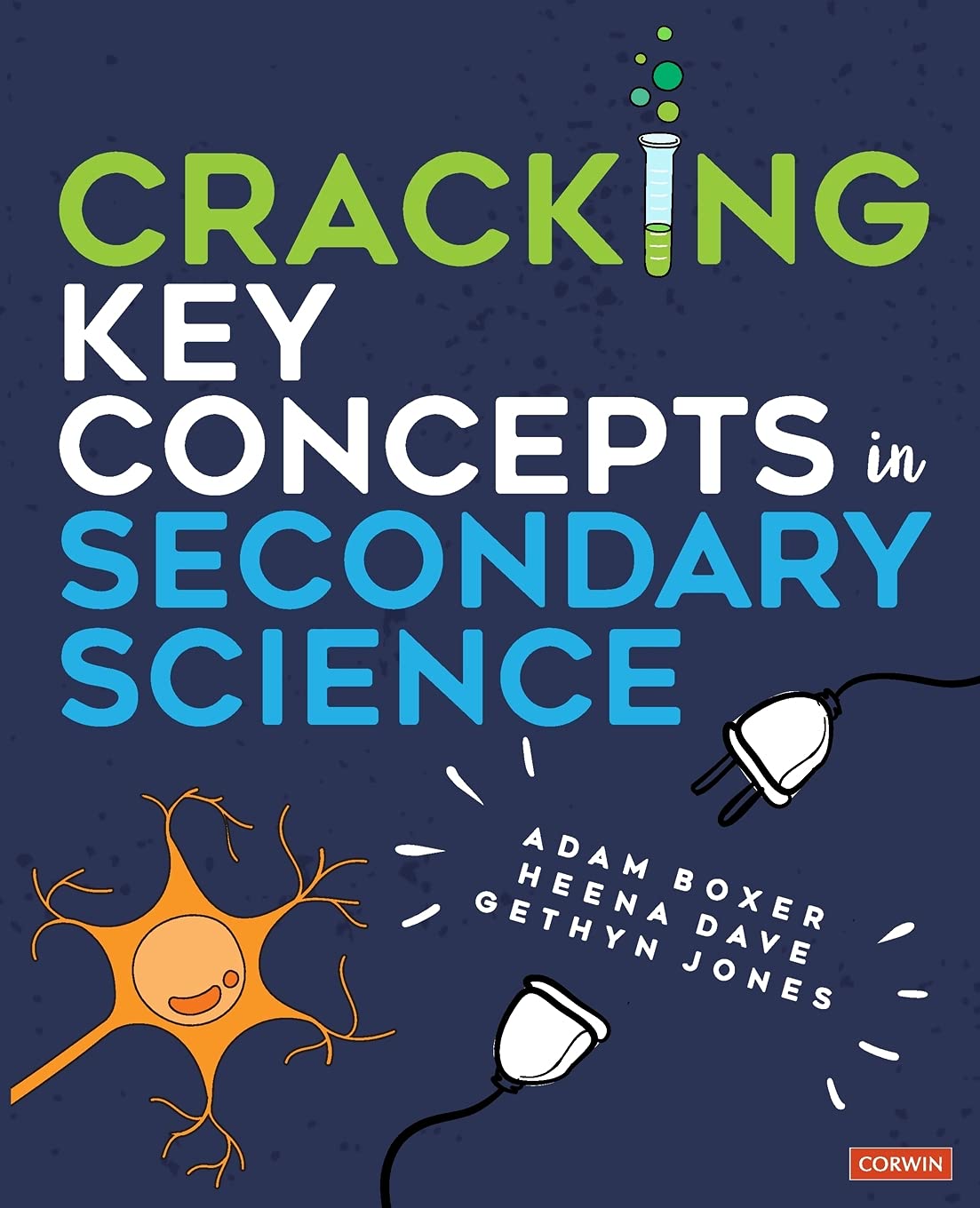

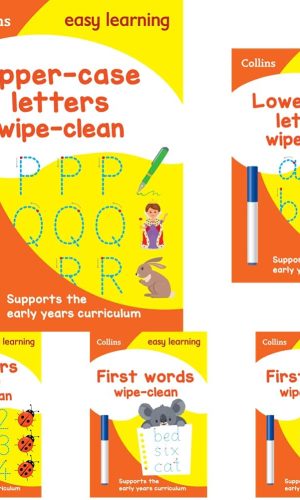
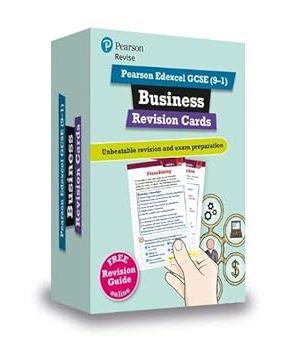

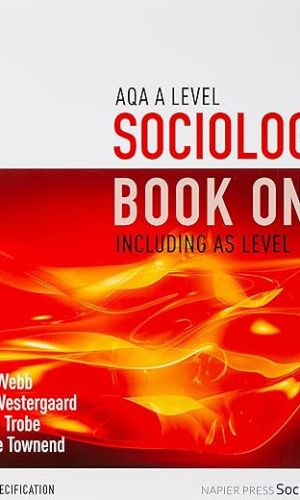
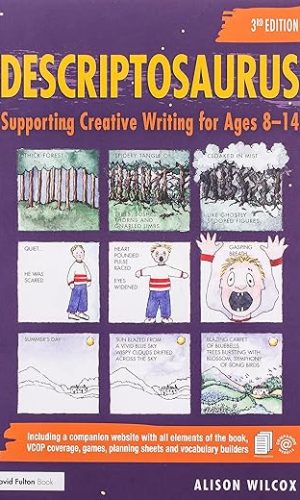

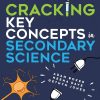
by Doctor C
After buying this book, I was separately recommended another book by the same author for authoritative input into development of our scheme of learning. We have used this book specifically to improve our teaching of forces, which students were perennially not getting right. The approach is very clear and highlights what to do first to ensure the students build on a good foundation. The topics covered are covered very well. There are a few topics I wish were included which are missing from the book.
by Gubbins
Brilliantly sequenced and every strategy is explained with misconceptions sign posted and preventative measures in place. We probably do all of this, but this book contains all of the reasoning and evidence required for explaining why. Made my curriculum planning rationale document much easier to write and evidence, while giving my ECTs a go to document when preparing for a new topic.
by Ollie Mahoney
Background: I hold a masters in chemistry and worked in the chemical industry for a few years before I took the dive in to teaching at 25.
Now 26 going on 27 and completing my first ECT year; one thing I discovered in my ITT year is that you can be as intelligent as want, but being able to eloquently convey your own thought to people hearing new concepts for the first time is an art form. Academic fog gets in the way and I’ve bought this book to inform my practice/ deconstruct some of my own knowledge; see the foundations of the castle as it were.
Thus far, the book has been a trustworthy companion, although I can only speak for the pages on Chemistry. It’s nice to see a book that makes a nod to the fact that students add to their mental schemata through contextualised examples. The book actively encourages this technique in places and champions rosenshines principles of inclusive practice.
That being said, I have noticed a few things. For example, the attached image contains a misprint on a chlorine ion and the corresponding half equation beneath the image shows 2Cl^(l) becoming 2Cl(g) instead of Cl2(g).
Thanks for the book. I’ve thoroughly enjoyed it.
by Ollie Mahoney
A very useful book outlining effective ways to explain some of the concepts in KS3 and 4 science.
Clear explanations with just the right amount of theory shared. Sometimes books don’t give enough theory and you’re left thinking “why should I do this??”, other times they’re theory-heavy and you end up thinking “what, what was I meant to be doing?” This one isn’t like that. It hits the spot just right (or at least, I think it does, you’re free to disagree with me). Throughout the book there are boxes with tips to help you almost apply the explanation most effectively, as well as suggestions on how to check for understanding.
Useful for ECTs who are just starting to get their feet under them, but also a valuable resource for those of us who’ve been in the profession a little longer and want some new ideas.
NB: buy a hard copy – it’s easier to flick between the figures and the text on paper than it is on e.g. the Kindle app.
by JLR
This book has extremely clear explanations and is laid out so that everything is really easy to find. The language is straightforward, neither waffly, nor patronising. It’s written in such a way that it should be possible to quickly check something in a very short time if needed. It should have an extra star for that alone.
by D. G. Motterham
Got my copy today. Amazing! I’ve taught science esp Chem for 26 yrs. The authors are spot on with their advice ( eg the sequence for electrolysis). Misconceptions etc are so correct. A must buy for all ECTs and even experienced teachers. This book will save you so many hours and your students will be better off too!
by Karen
A cracking book. A useful guide to teaching Biology, Chemistry and Physics at KS3 and KS4 – suitable for new and experienced teachers. As a team we will be getting copies for our recently qualified teachers. The explanations and advice are accessible, clear and thoroughly linked to the current curriculum. This book will be in constant use during the school year as I refresh my lessons and further develop my explanations. This will be a go to, well recommended book for years to come!
by MBDscience
Great book